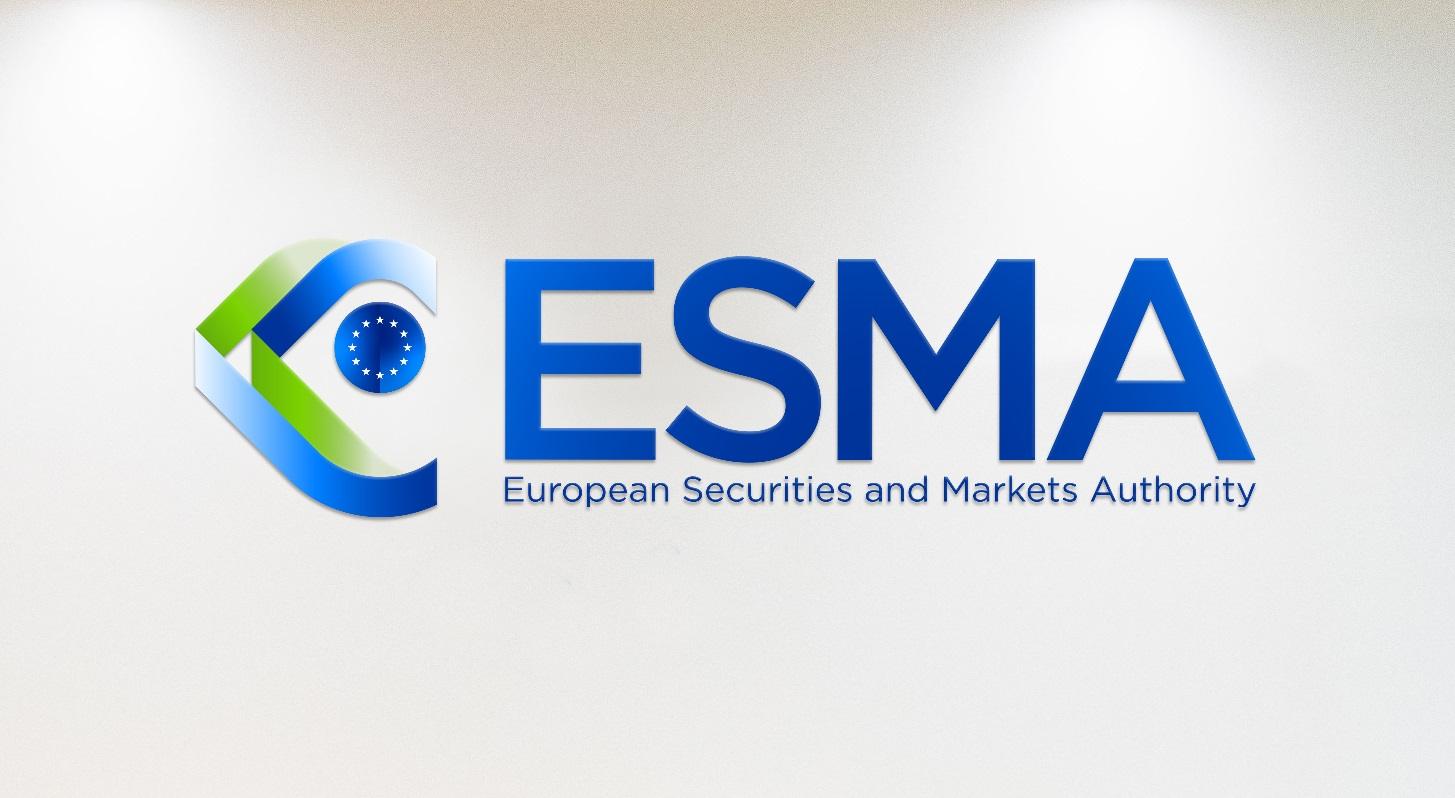Investment Bank Liberum Launches Portfolio Based on Proprietary Climate Risk Measurement Tool
UK-based investment bank Liberum announced today the launch of the Liberum Climate Portfolio, aiming to exploit the risk premium given by the rising awareness of investors on climate risks and deliver significant outperformance both on an absolute return basis and risk-adjusted.
The new portfolio is based on Liberum’s proprietary carbon beta metric, a tool launched earlier this year measuring the exposure of stocks to climate risks. Utilizing this tool, the firm created a ‘Green Minus Brown’ factor (GMB), measuring the performance of the 20% stocks with the lowest carbon footprint compared to the 20% stocks with the highest carbon footprint, and establishing the existence of a GMB risk premium that extends both across and within sectors. In backtesting performance based on the GMB factor, Liberum found that a portfolio based on this factor outperformed the FTSE All-Share by 10.2% per year, with a moderate turnover of <50%, and a Sharpe ratio more than twice that of the index.
Liberum noted that its climate strategy carried a high level of volatility and drawdown risk, due to the small number of stocks in the portfolio. In order to manage this drawdown risk, the firm added risk reduction overlays using RepRisk as an early warning indicator and risk management tool. RepRisk uses a combination of machine learning and human intelligence to offer quantitative risk analytics and proprietary metrics for more than 160,000 public and private companies, covering every global sector and market, with data covering a broad range of ESG issues including human rights, labor practices, corruption and the environment.
Joachim Klement, Analyst – Strategy, Accounting, and Sustainability (SAS) at Liberum, said:
“With our Climate portfolio we want to show that opportunities from climate change don’t just exist in renewable energy and similar industries. Our portfolio covers all sectors and includes stocks that are not typically included in ESG portfolios but that have a proven track record of dealing with the climate crisis and being rewarded for it with higher returns.”





